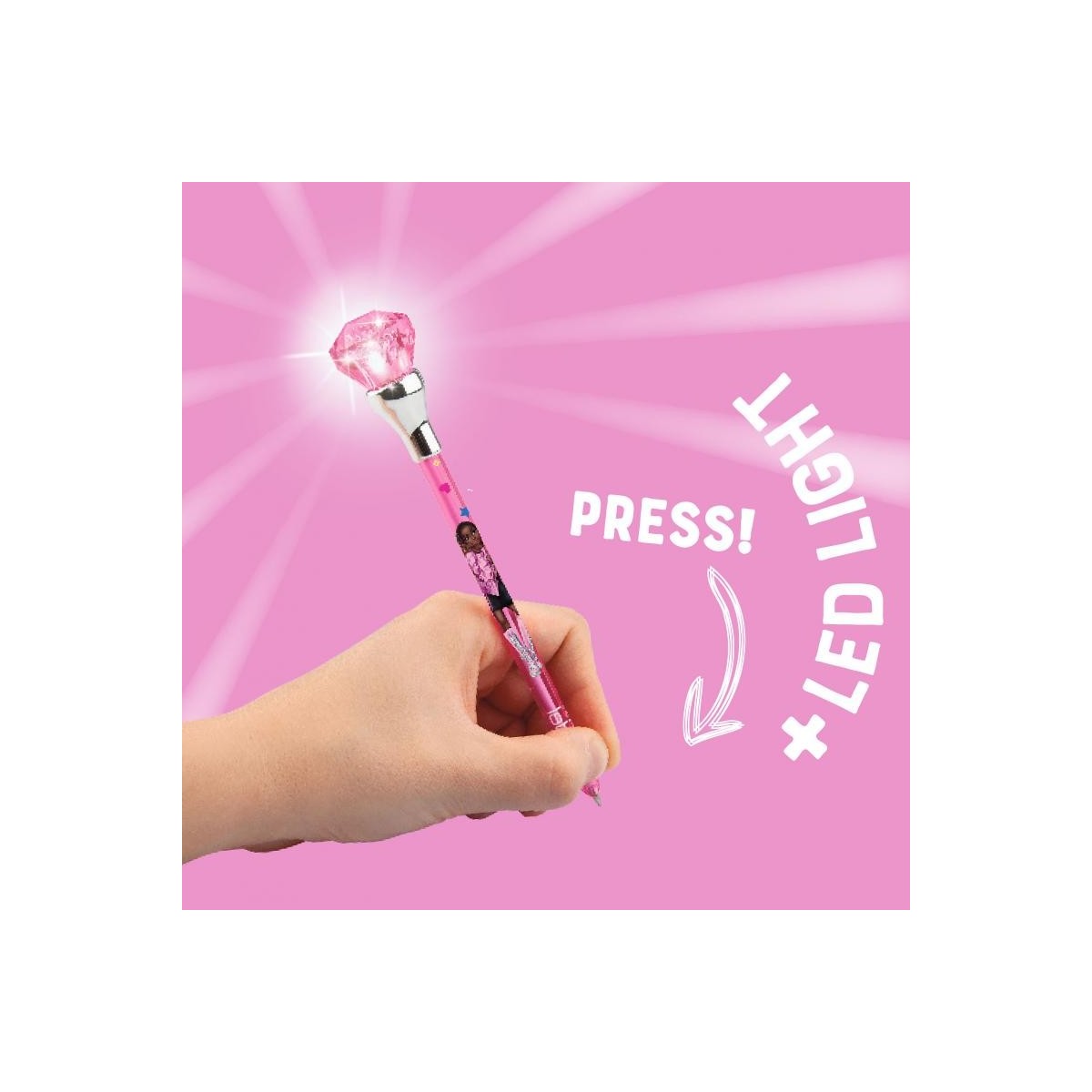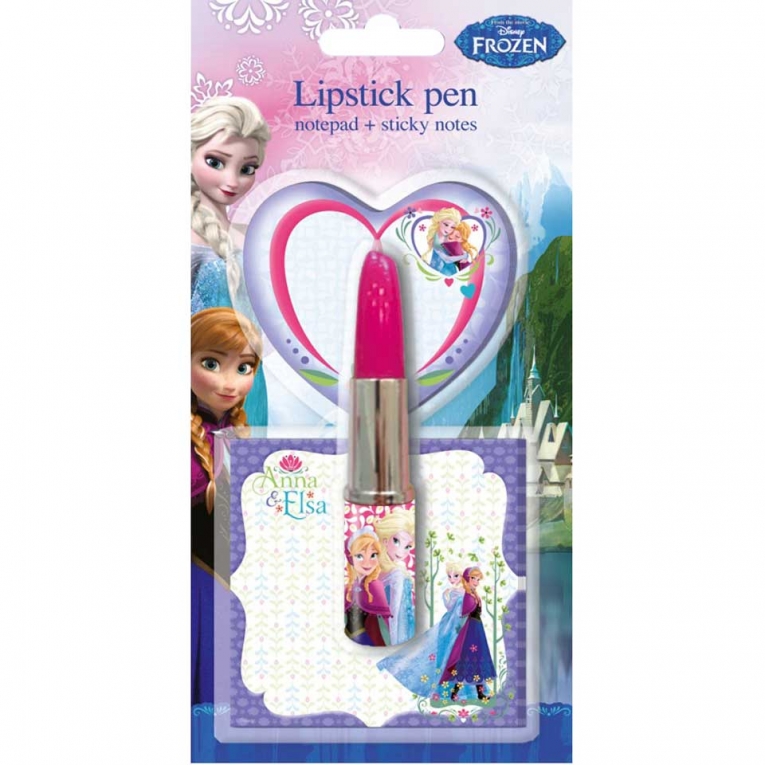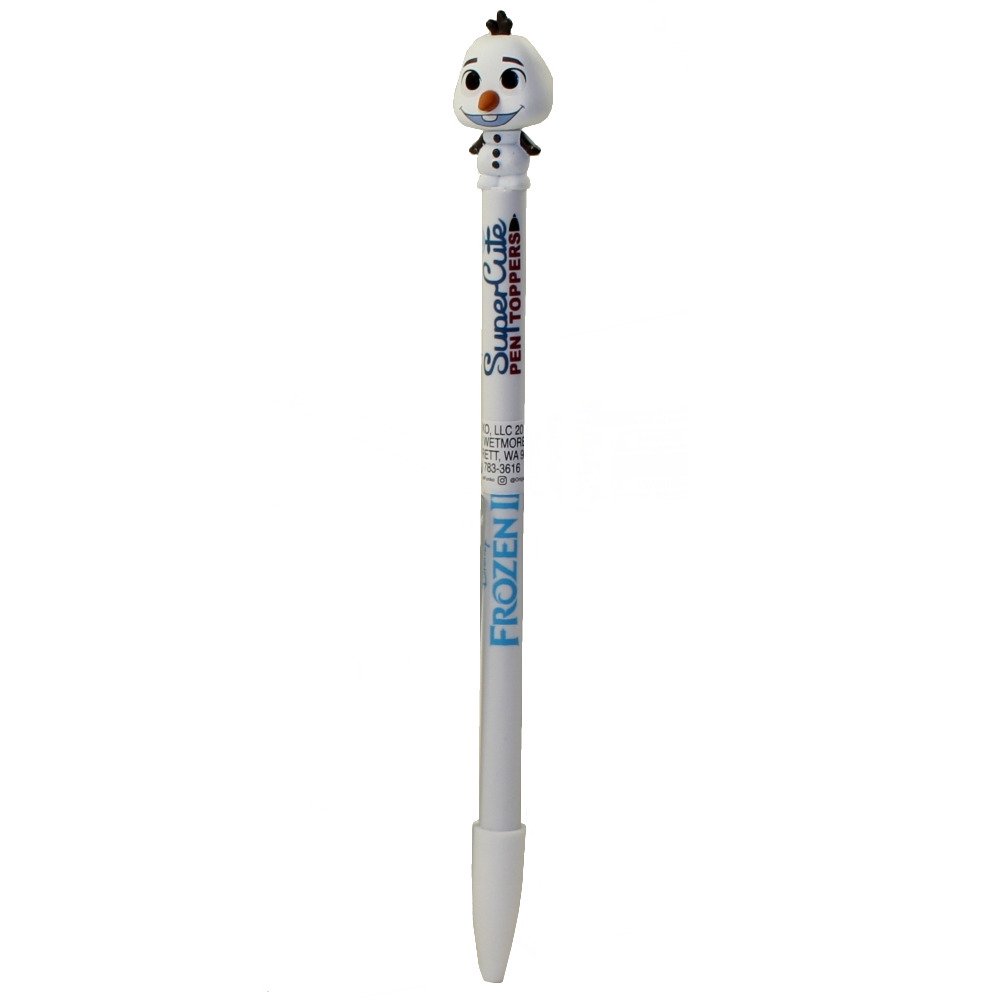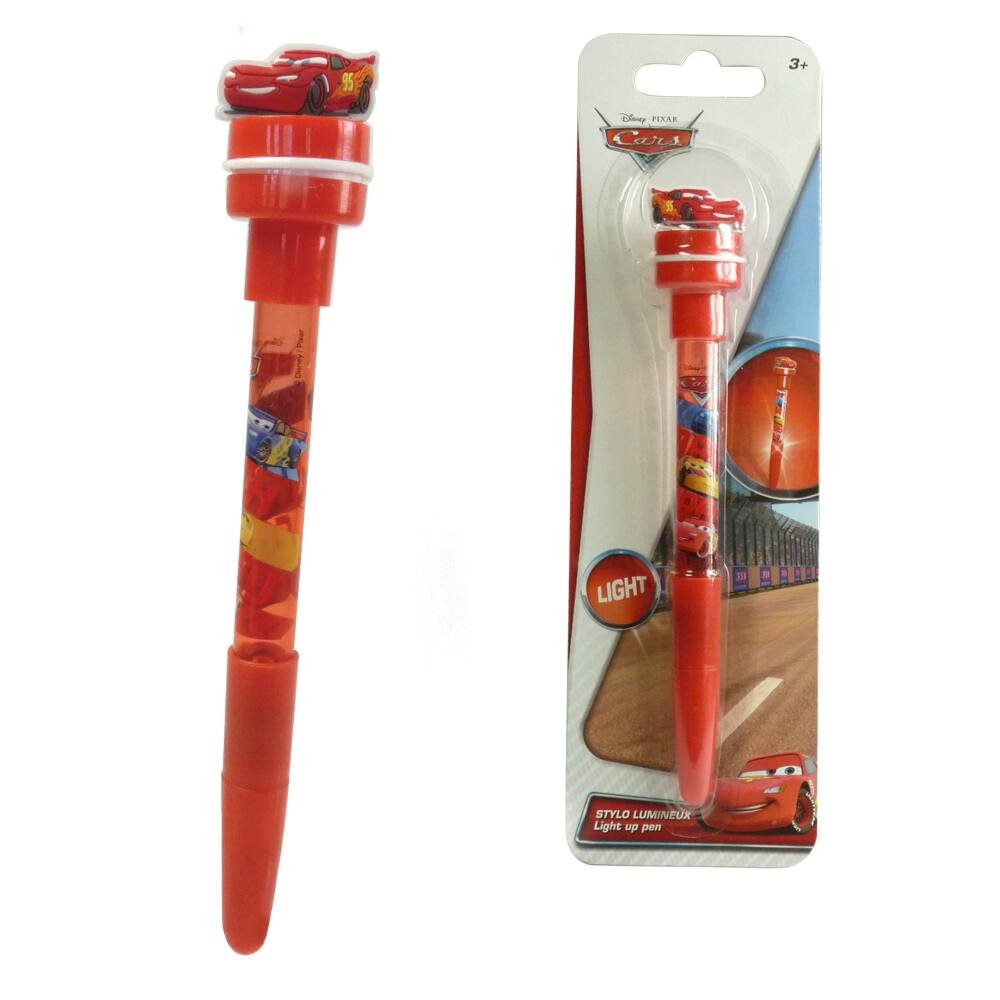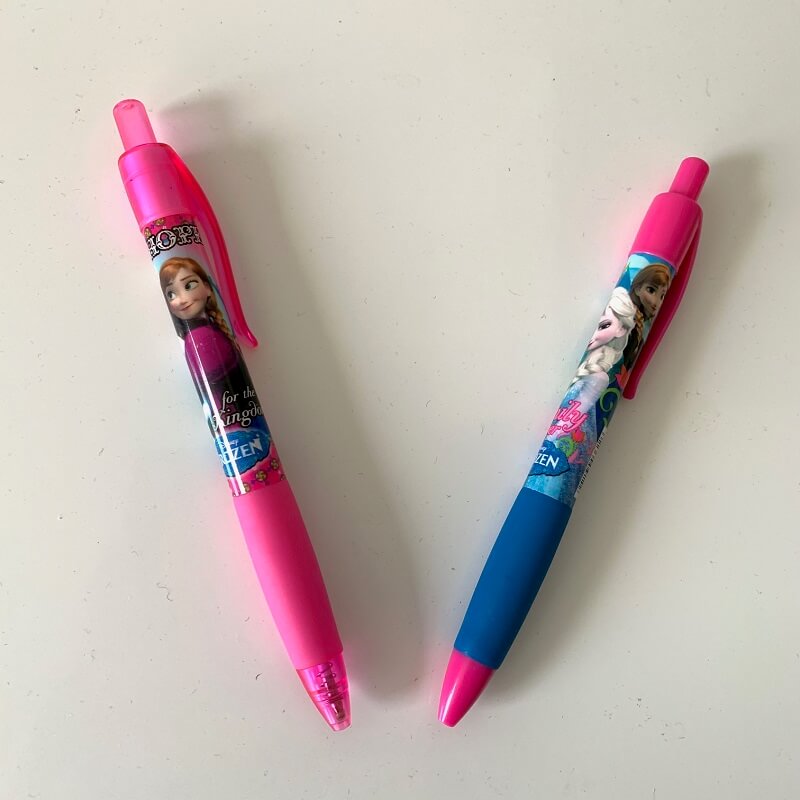
Ylvi & the Minimoomis Stylo lumineux Depesche : Maxi Toys, Fournitures scolaires Depesche - Tout pour l'école

Stylo lumineux Stitch Disney Store Lilo et Stitch monstre crayon - Activités manuelles et fournitures - La Boutique Disney

Journal Intime et son stylo UV - La Reine des Neiges 2 Canenco : King Jouet, Bagages et papeterie Canenco - Fêtes, déco & mode enfants

Stylo boule à paillettes 10 couleurs La Reine des Neiges 2 ©Disney - Les modèles peuvent varier | Claire's FR


